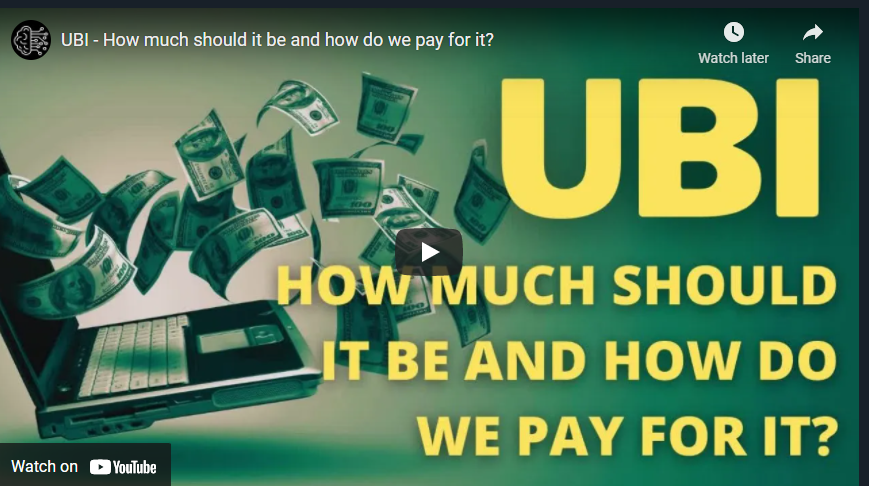Steve Keen, the Australian economics professor who is an arch critic of economists and supporter of the money printing press, is to stand for the Australian Senate.
Economists don't get money, suggests Steve Keen, Distinguished Research Fellow at the Institute for Strategy Resilience & Security, University College of London and former professor and Head of the School of Economics, History and Politics at Kingston University London. What he means by that is that in the twee world of economic theory, especially the so-called Austrian economists, equilibrium is the order of the day. Unemployment doesn't exist in the long term because wages tend to a kind of clearing level — wages move to a level that balances out demand and supply. If innovation leads to an increase in output, prices fall. The Austrian school believes in Say's Law, which says "income generated by past production and sale of goods is the source of spending that creates demand to purchase current production."
Or, to put it another way, output creates demand for the output. And the theory would be fine if we lived in textbooks but the real world has this thing called money. If prices fall, consumers delay purchasing. A one-off fall in unemployment caused by some external event leads to a fall in aggregate demand, and the economy might fall into recession. The economist Keynes understood this. Remarkably, 80 years on from the time of Keynes, the role of money is still largely ignored by economists, suggests Keen.
A growing economy needs a growing money supply. At the moment, the money supply grows via bank lending. The economist Hyman Minsky said that this necessity for debt creates debt bubbles.
Steve Keen is heavily influenced by Keynes and Minsky.
Steve Keen also says economists don't get climate change. They underestimate the worse case and fail to appreciate the importance of tipping points.
In a way, Keen's way of looking at climate change is Minskyess. Minsky described tipping points in the economy.
Keen's remedy for an economy starved of demand is printing money.
His remedy for climate change is a carbon coin. Households are partially paid their salaries in the form of a carbon coin, encouraging them to consume energy with a low carbon footprint.

If technology creates greater output from less input, if exponential technologies push us closer to abundance, a classical or Austrian economist would be in favour of leaving things to market forces. Keen would probably advocate printing money to fund government spending, maybe even a form of universal basic income.
"I've always preferred a UBI and don't see UBI & JG (job guarantee) he recently tweeted.
I've always preferred a UBI, and don't see UBI & JG as in conflict. This crisis is definitely one for an emergency UBI, which is my Modern Jubilee proposal https://t.co/7Dphnh9zvR
— Steve Keen (@ProfSteveKeen) March 20, 2020
And now Steve Keen has announced he is running for Senate in Australia's upcoming election as a member of the recently formed New Liberals.
Keen explained, "The ambition of the founder of The New Liberals, Victor Kline, was to rescue the word by forming a party which was Liberal in the philosophical and dictionary sense of the word."






Related News
Liz's poisoned chalice and the hint of hope
Sep 06, 2022
Cut profits to pay workers: does it make sense?
Jul 05, 2022
Is rationing the solution to the cost of living crisis?
May 30, 2022